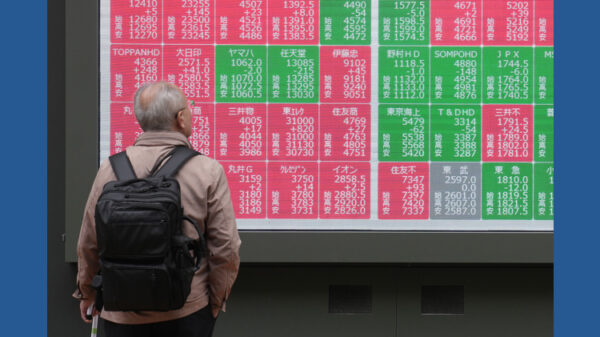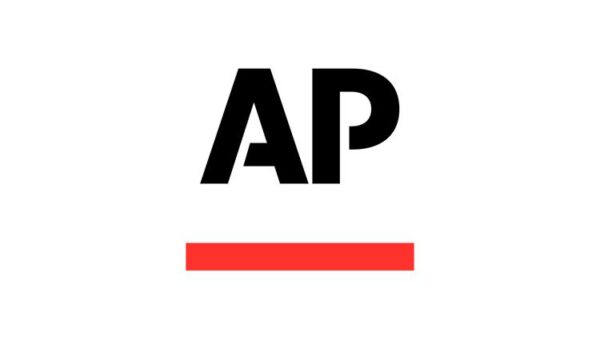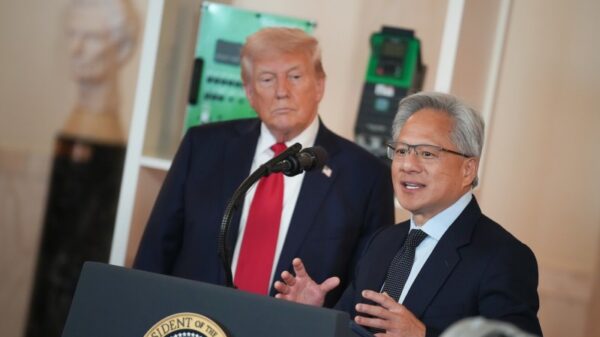UPDATE: A startling new workplace trend dubbed “quiet vacationing” is gaining traction this summer, with a significant number of employees engaging in this secretive practice. Unlike “quiet quitting,” where workers mentally disengage, quiet vacationing sees employees pretending to work while enjoying personal time away from the office.
According to U.S. News & World Report, this trend is characterized by employees using technology to create the illusion of being at work while actually on vacation. The term “quiet vacationing” emerges as a modern twist on previous practices known as “hush trips.” This summer, it appears that many workers, particularly millennials, are opting for this discreet approach to time off.
The implications are troubling. A recent study by the Harris Poll reveals that nearly 4 in 10 millennials admit to secretly taking time off work without informing their employers. Ominously, 11% of employees surveyed by Resume Builder confessed to taking vacation days without permission.
Why are workers opting for quiet vacations? The primary reason revolves around anxiety; many fear that formally requesting time off could hinder their career prospects. As noted in a report from Fortune, this anxiety is particularly prevalent among millennials, who may avoid asking for leave due to concerns about missing out on opportunities.
So how can one spot a quiet vacationer? Career coach Kyle Elliott shared a key indicator: a noticeable change in response times to emails and messages. If an employee who typically responds promptly suddenly takes hours to reply, they might be on vacation—potentially enjoying sun-soaked beaches while still logged into work.
But is quiet vacationing a sustainable practice? Experts strongly advise against it. Conor Martin Hughes from the Society for Human Resources Management warns that while this trend offers short-term benefits, it ultimately prevents employees from fully disconnecting and recharging. Hughes stated, “Quiet vacationing can be seen as dishonest and lead to resentment from co-workers.”
Rather than sneaking in a vacation on the downlow, Hughes advocates for open conversations with employers about work-life balance. The prevalence of quiet vacationing could indicate larger cultural issues within organizations, such as a lack of psychological safety and unclear expectations.
As the summer heats up, employees are grappling with these new norms in the workplace. The trend of quiet vacationing is likely to prompt discussions about honesty and transparency in the workplace, making it a critical issue to watch in the coming weeks.
Stay tuned for more updates on this developing story as employees navigate their time off and the implications it has for workplace culture and productivity.







































































